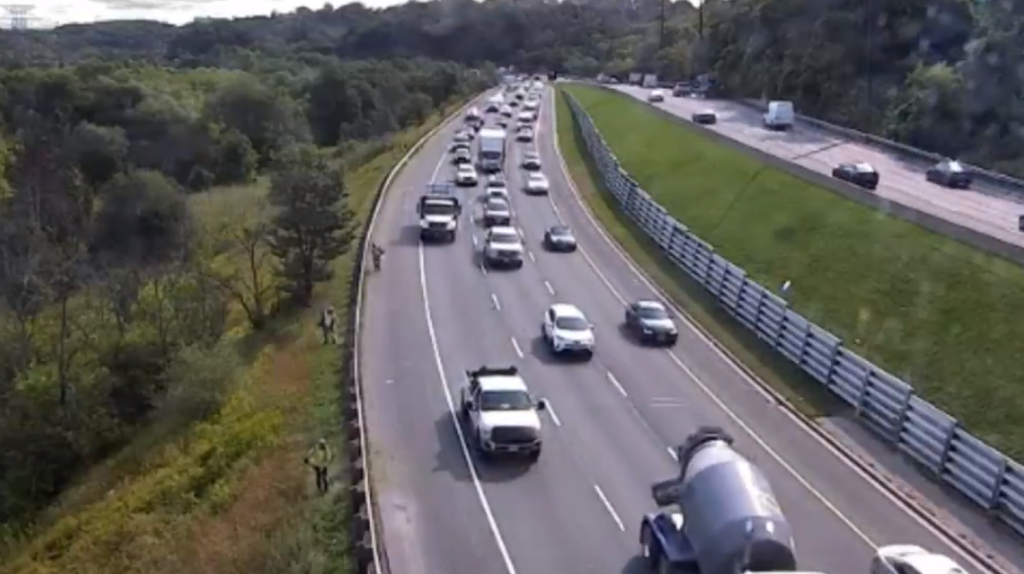Union challenges Ottawa for allowing fewer flight attendants on Air Canada planes
Posted August 9, 2014 9:00 am.
This article is more than 5 years old.
The union representing Air Canada flight attendants is taking the federal government to court, arguing that allowing the airline to fly with fewer flight attendants poses a serious safety issue.
The transport minister has granted Air Canada an exemption to a rule requiring one flight attendant per 40 passengers on planes with more than 50 seats, the Canadian Union of Public Employees writes in an application for judicial review.
The exemption, which instead allows Air Canada to have one flight attendant per 50 passengers on narrow-body aircraft with more than 50 seats, means one floor-level exit would be unstaffed by a flight attendant on certain aircraft, raising “serious safety considerations, particularly in the event of an emergency evacuation,” CUPE argues in its Federal Court filing.
A spokeswoman for Transport Minister Lisa Raitt wouldn’t comment because the matter is before the courts, but an Air Canada spokesman defended the exemption.
The one-to-50 ratio is “absolutely safe” and is an internationally accepted standard, Peter Fitzpatrick said in a statement.
“We would never have sought the exemption if this was not the case,” Fitzpatrick wrote.
“It is the standard, and is recognized as safe in Europe and the United States, and we believe that the courts will agree that it is safe in Canada.”
Fitzpatrick said the 1:50 rule change for Air Canada’s narrow-body fleet “levels the playing field,” given that other Canadian carriers have been allowed to operate with this crew-to-passenger ratio since last year.
WestJet received its exemption last year, calling the ratio an “accepted” international practice that has been in place “for decades around the world.” WestJet also said it would not lay off any flight attendants under the rule change.
After the WestJet case, CUPE asked the minister to notify the union if other airlines — it also represents flight attendants at Air Transat, Calm Air, Canadian North, Canjet, Cathay Pacific, First Air and Sunwing — were seeking such exemptions to give it time to make a case before the government made a decision.
Now the union wants the Federal Court to quash Air Canada’s exemption because it says the minister breached procedural fairness.
CUPE alleges the minister granted the exemption in circumstances that weren’t exceptional, as set out in Transport Canada’s civil-aviation directive.
“In circumstances which are not unique or urgent, the minister is required to amend regulations through the appropriate regulatory process,” the union states in its court document.
“The granting of the exemption was not in the public interest.”










